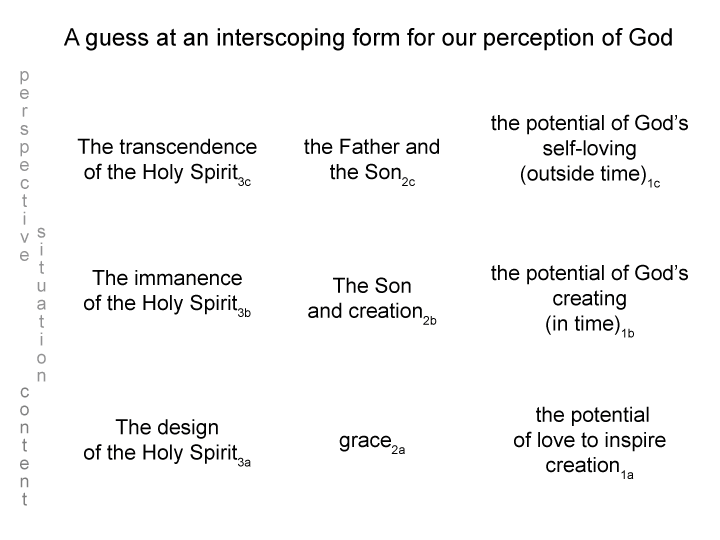Man and Sin by Piet Schoonenberg (1964) 2.2 CA
Summary of text [comment] pages 74 and 75
What about the sinner, unable to love or practice virtue?
What does the church say about the life of a “man” who lives in a state of sin?
Grace does not justify. It prepares the way for justification.
Let us take, hypothetically, the extreme case of only two states for man: the state of love and the state of concupiscence. They may be contradict, but they are not closed. There are always moments when the other state calls.
The virtuous may slip downwards, away from love. The sinful may slip upwards, towards love.

